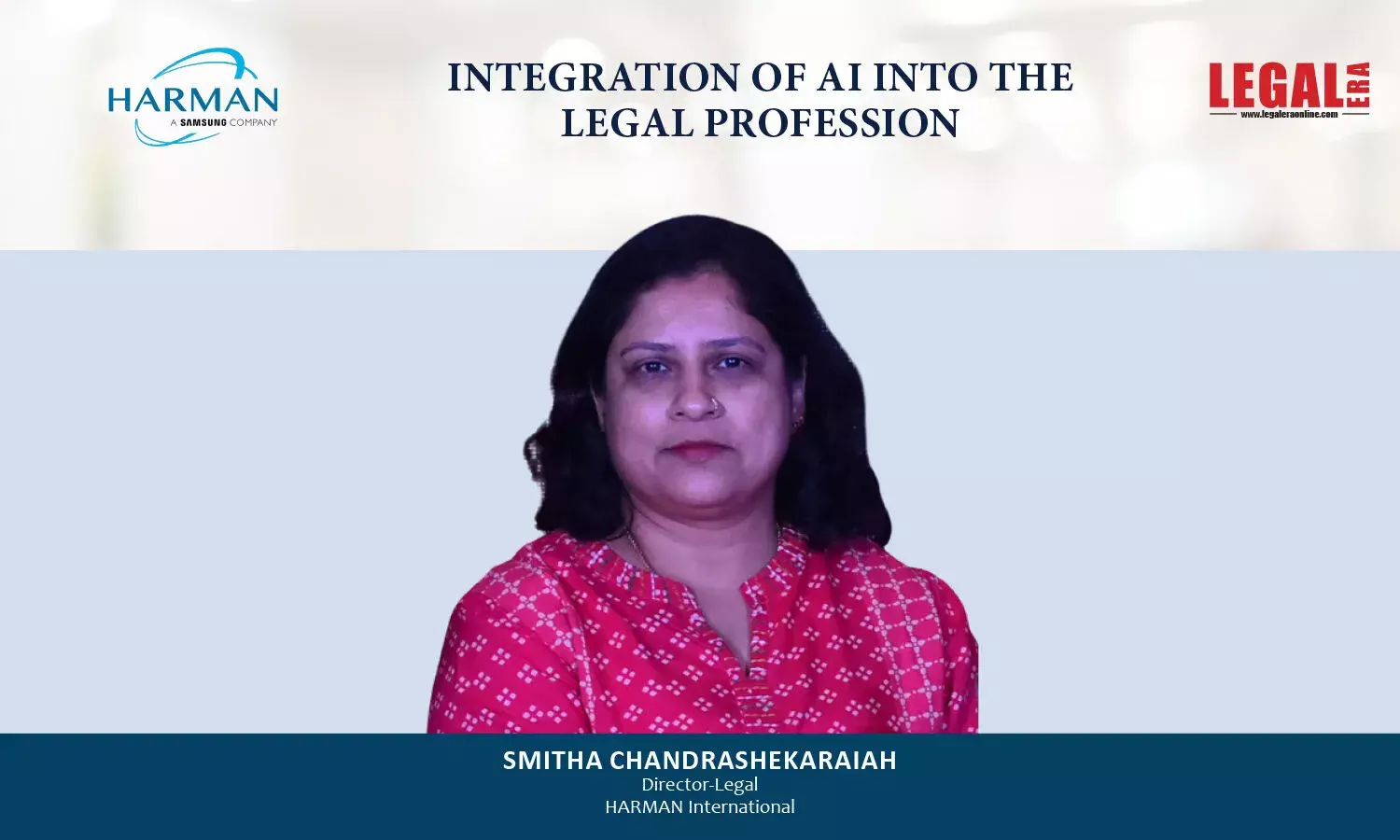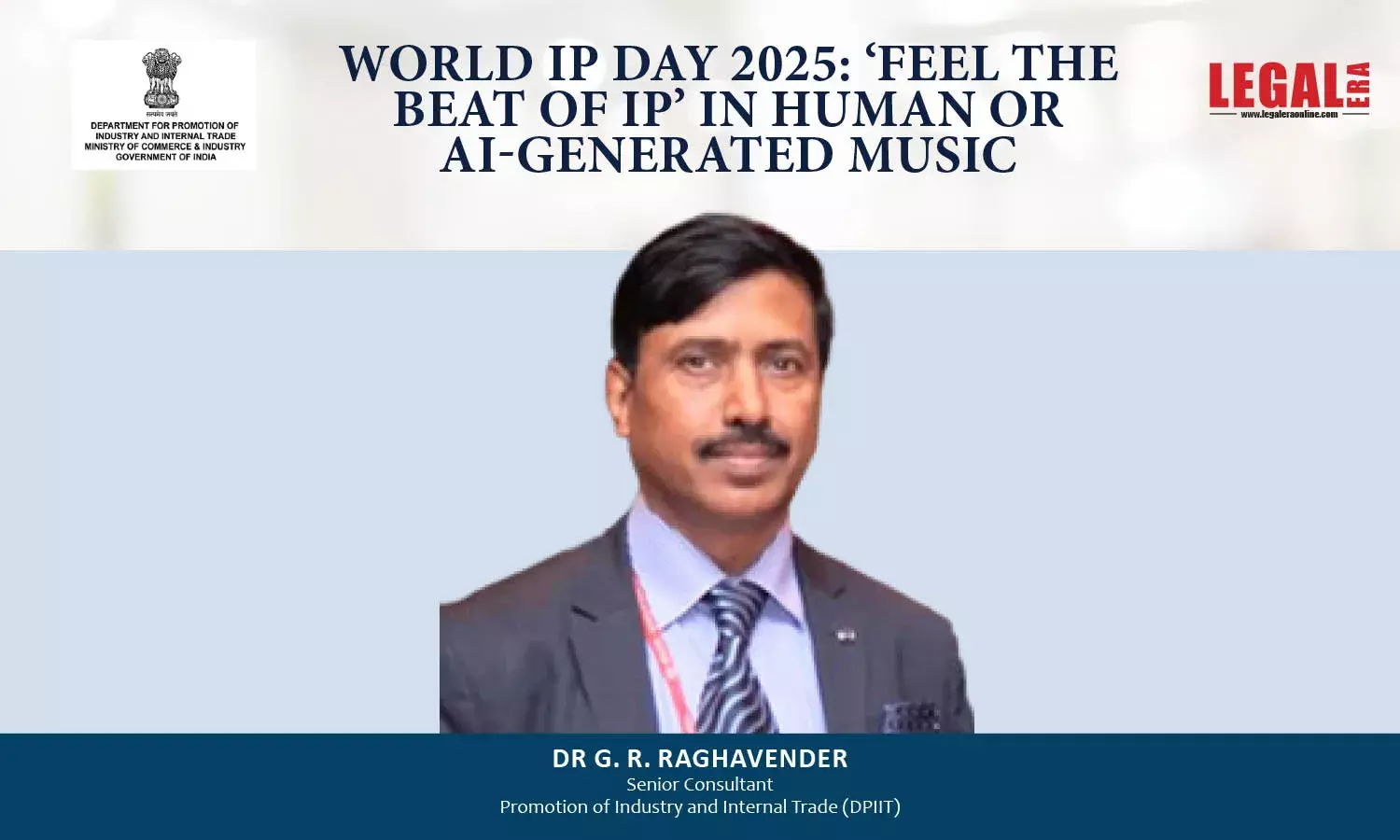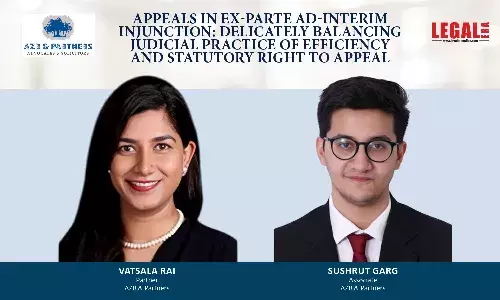Integration Of AI Into The Legal Profession

Integration of AI into the legal profession Effective AI use in the legal sector depends on addressing ethical issues, guaranteeing transparency, and upholding strict oversight. Artificial Intelligence and its influence have been ceaselessly becoming more prevalent as it supersedes tasks in the obligation of human expertise and knowledge and has exceptionally been able to do so at...
Integration of AI into the legal profession
Effective AI use in the legal sector depends on addressing ethical issues, guaranteeing transparency, and upholding strict oversight.
Artificial Intelligence and its influence have been ceaselessly becoming more prevalent as it supersedes tasks in the obligation of human expertise and knowledge and has exceptionally been able to do so at an incredibly accelerating rate. As it becomes increasingly sophisticated, its proficiency is moving diverse industries such as healthcare, finance, manufacturing and customer service, significantly enhancing the quality and value of production and service by eliminating human errors, cutting costs and acquiring magnitudes of faultless data and precision in analytics.
The legal world is one among the others where AI demonstrates its versatility, posing a wide scope of opportunities. Integration of AI into law can be seen in procedures such as document review and analysis, legal research, drafting and automation, intellectual property management and client interaction and support. The employment of technology in such processes enhances efficiency, accuracy and accessibility. Nevertheless, AI’s multifaceted nature is exhibited as various complexities are yet posed, leading to legal disputes for which matters have to be overseen with human intervention.
An emerging challenge is AI’s responsibility in data privacy and security as AI requires large amounts of data, often leading to data privacy violations. In a situation where AI tools used by law enforcement for surveillance can lead to unauthorized tracking and monitoring of individuals without their consent, potentially violating privacy rights, and ultimately making AI unfeasible.
Another challenge in gathering data is that biases made in criminal justice algorithms for predicting recidivism or sentencing can inherit biases in historical data, aggravating issues related to age, gender, race, socioeconomic class etc.
Due to the lack of algorithmic transparency, AI is unreliable as monitoring is required to alleviate unfair outcomes.
Similarly, AI tools used for document review and contract analysis can make errors, leading to significant legal and financial consequences. AI systems may miss critical clauses or misinterpret legal language in contracts, leading to flawed legal advice or missed liabilities.
Another major complexity faced is the ethical concerns raised, involving accountability, delegation and decision-making are also raised through automated algorithms in predictive policing, as potential infringement of civil liberties is created; human oversight and intervention are necessary when ethical standards are to be upheld.
The application of AI to the legal profession has several advantages, including improved accessibility, accuracy, and efficiency. But as discussed above, AI also presents difficulties that must be handled carefully. Effective AI use in the legal sector depends on addressing ethical issues, guaranteeing transparency, and upholding strict oversight. Working together with technologists and legislators, legal professionals need to create frameworks that protect justice and fairness while utilizing AI’s promise. As AI develops, its ethical application has the potential to change the legal environment by strengthening the skills of attorneys and expanding access to legal resources for all.
Disclaimer – The views expressed in this article are the personal views of the authors and are purely informative in nature.





